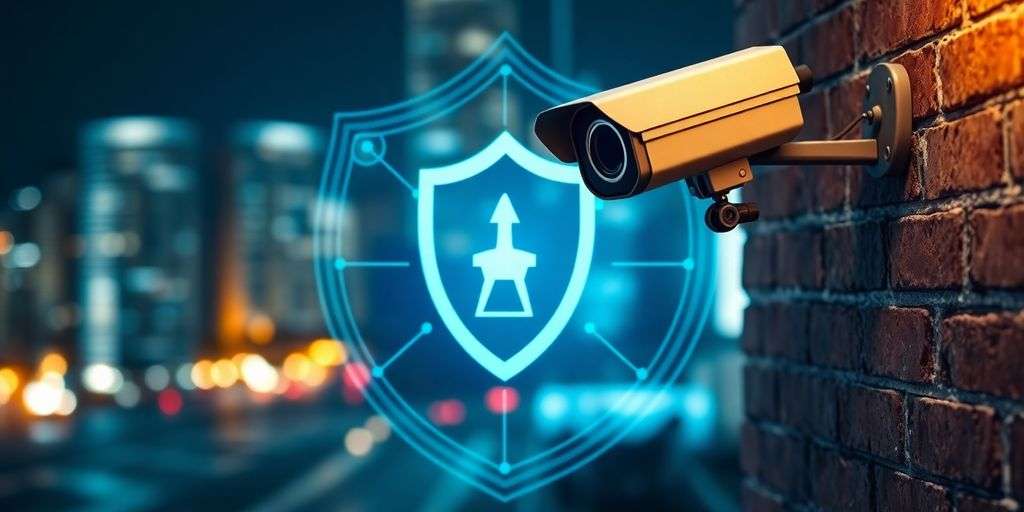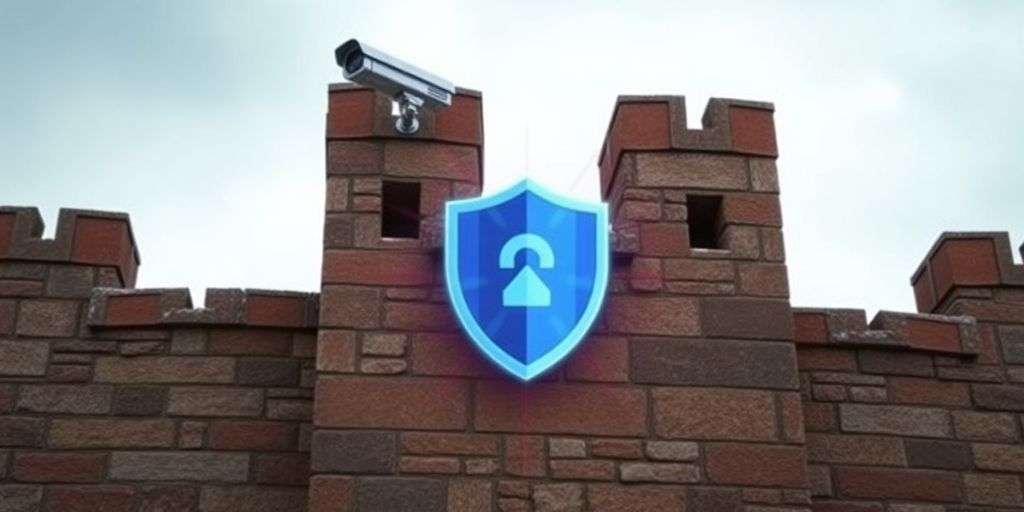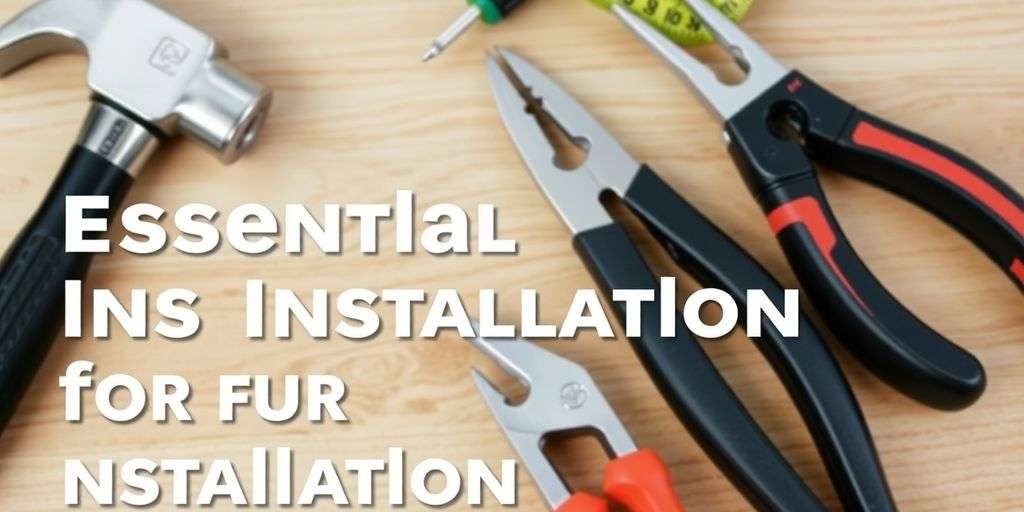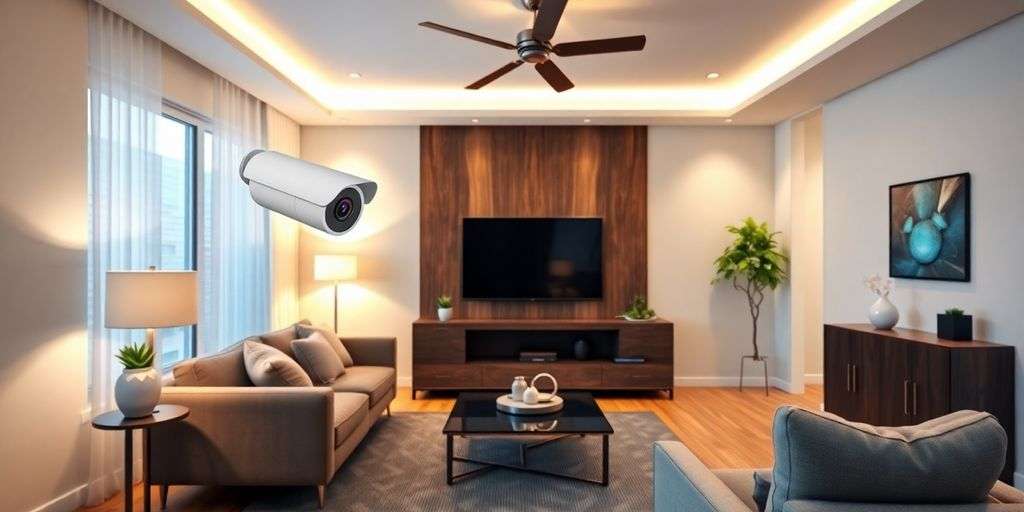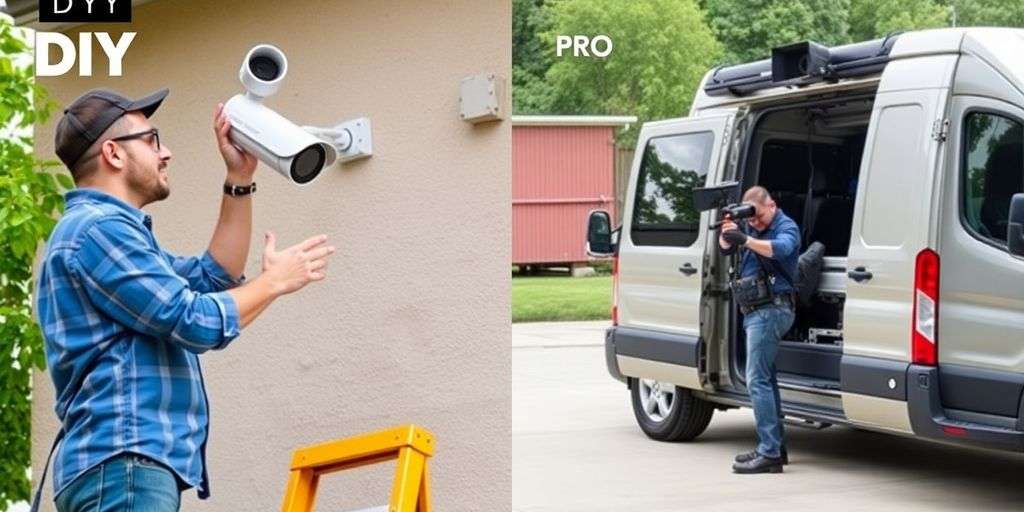Fortifying Your CCTV Network
To ensure the security of your CCTV system, it is essential to take proactive measures. Here are some key strategies to fortify your network:
Isolating Cameras from Public Networks
Isolating your cameras from public networks is a crucial step. This separation creates a strong barrier against potential intruders, making it much harder for hackers to access your system. By keeping your cameras on a private network, you significantly reduce the risk of unauthorised access.
Implementing a Solid Firewall
A well-configured firewall acts as a gatekeeper for your network. It monitors and philtres incoming and outgoing traffic, providing a formidable defence against intrusion attempts. Regularly updating your firewall settings is vital to adapt to new threats and vulnerabilities.
Using Encryption Tools
Utilising encryption tools is another effective way to protect your CCTV system. Encryption secures your data, ensuring that even if it is intercepted, it remains unreadable to unauthorised users. This is particularly important for sensitive information, such as login credentials.
Regularly Updating Firmware and Software
Keeping your firmware and software up to date is essential for maintaining security. Manufacturers often release updates to patch vulnerabilities. By regularly checking for updates, you can ensure that your system is equipped with the latest security features.
By adopting these measures, you can create a robust defence for your CCTV system, ensuring that it remains a vigilant protector of your property.
Implementing these strategies will help you build a digital fortress around your CCTV system, safeguarding it from potential threats and ensuring peace of mind. Remember, a secure system is a reliable system, and taking these steps will enhance the overall integrity of your surveillance setup.
Highlights
- Strong barrier against potential intruders
- Regularly updating your firewall settings
- Sensitive information, such as login credentials
- Latest security features
Preventing Physical Tampering
Concealing Cables and Wires
To ensure the security of your CCTV system, it is essential to hide all cables and wires. Exposed connections can be a target for tampering. By routing cables through walls or ceilings, you can significantly reduce the risk of interference. This simple step can act as a strong first line of defence against potential intruders.
Strategic Camera Placement
The placement of your cameras plays a crucial role in preventing tampering. Positioning them in hard-to-reach areas can deter unwanted access. However, it is equally important to ensure that they are still effective in monitoring the desired areas. Consider the following:
- Install cameras at heights that are difficult to reach.
- Use protective housing to shield cameras from physical damage.
- Ensure that cameras cover blind spots to prevent tampering.
Restricting Physical Access to Servers
Limiting access to the servers that manage your CCTV system is vital. This can be achieved by:
- Keeping servers in secure, locked locations.
- Implementing access controls to restrict entry.
- Regularly reviewing who has access to these areas.
Using Tamper-Proof Hardware
Investing in tamper-proof hardware can provide an additional layer of security. This includes:
- Cameras with built-in tamper alerts.
- Secure mounting brackets that are difficult to remove.
- Enclosures that protect against vandalism.
By focusing on inhibiting physical access to your cameras, you create an additional layer of defence that complements your digital safeguards. This comprehensive approach ensures that your CCTV system remains robust and resilient against potential tampering, safeguarding your property and peace of mind.
In conclusion, taking these steps can significantly enhance the security of your CCTV system, making it more challenging for potential intruders to tamper with your setup. Remember, a well-protected system is a fortified system.
Enhancing Cybersecurity Measures
Changing Default Usernames and Passwords
One of the simplest yet most effective ways to secure your CCTV system is by changing the default usernames and passwords. Default credentials are often well-known and can be easily exploited by hackers. Ensure that you create strong, unique passwords that combine letters, numbers, and symbols. Regularly updating these passwords is also advisable to maintain security.
Enabling Two-Factor Authentication
Implementing two-factor authentication (2FA) adds an extra layer of protection to your CCTV system. With 2FA, users must provide a second form of verification, such as a code sent to their mobile device, in addition to their password. This makes it significantly harder for unauthorised users to gain access, even if they have the password.
Monitoring Network Traffic
Regularly monitoring your network traffic can help you identify any unusual activity that may indicate a security breach. Look for unexpected spikes in data usage or unfamiliar devices connected to your network. Keeping a close eye on these metrics can help you catch potential threats early.
Using Centralised User Management
Centralised user management allows you to control who has access to your CCTV system. By managing user permissions effectively, you can ensure that only authorised individuals can view or modify settings. This is particularly important in larger organisations where multiple users may need access.
Regularly reviewing your access logs is crucial. By doing so, you can quickly identify any suspicious activities and take appropriate action to protect your system.
Detecting and Responding to Threats

Identifying Signs of Hacked Cameras
Awareness is crucial for maintaining the security of your CCTV system. Signs of a compromised camera may include unusual noises, unexpected movements, or sudden changes in settings. Regularly monitoring your system can help you catch these issues early.
Regularly Checking Access Logs
Keeping an eye on access logs is essential. These logs provide a detailed record of who accessed your system and when. If you notice unfamiliar names or login attempts from strange locations, it’s time to take action. Here are some steps to follow:
- Reset all passwords immediately.
- Log out all users to prevent further access.
- Consult your CCTV installer if you need help.
Promptly Addressing Security Breaches
If you detect any signs of a breach, swift action is vital. Taking immediate steps can help secure your system. Consider the following:
- Change all passwords to strong, unique ones.
- Disconnect the system from the internet if necessary.
- Seek professional assistance if you are unsure how to proceed.
Seeking Professional Assistance
In complex situations, don’t hesitate to reach out for expert help. Security professionals can provide tailored advice and solutions to enhance your system’s safety.
Regular vigilance and prompt action are key to keeping your CCTV system secure. By being proactive, you can protect your property and peace of mind.
Final Thoughts on Securing Your CCTV System
In conclusion, taking the right steps to protect your CCTV system can give you peace of mind. By ensuring your cameras are well-connected and using strong passwords, you can keep hackers at bay. Regularly checking your access logs for any unusual activity is also a smart move. If your cameras and their wires are hard to reach, you’re on the right track. Should you have any concerns about your setup, don’t hesitate to reach out for help. Remember, a secure system is a happy system!
Frequently Asked Questions
How can I keep my CCTV cameras safe from hackers?
To protect your CCTV cameras, use strong passwords and change them often. Make sure to update your camera software regularly and enable two-factor authentication if available. Also, keep your cameras on a separate network from other devices.
What should I do if I notice unusual activity on my CCTV system?
If you see strange behaviour, like unexpected camera movements or odd noises, check your access logs for any unfamiliar logins. Change your passwords immediately and consider contacting a professional for help.
Is it safe to use wireless CCTV cameras?
Wireless cameras can be convenient, but they are more vulnerable to hacking than wired ones. If you choose wireless, ensure they have strong encryption and are kept updated to enhance security.

